Latest Comments
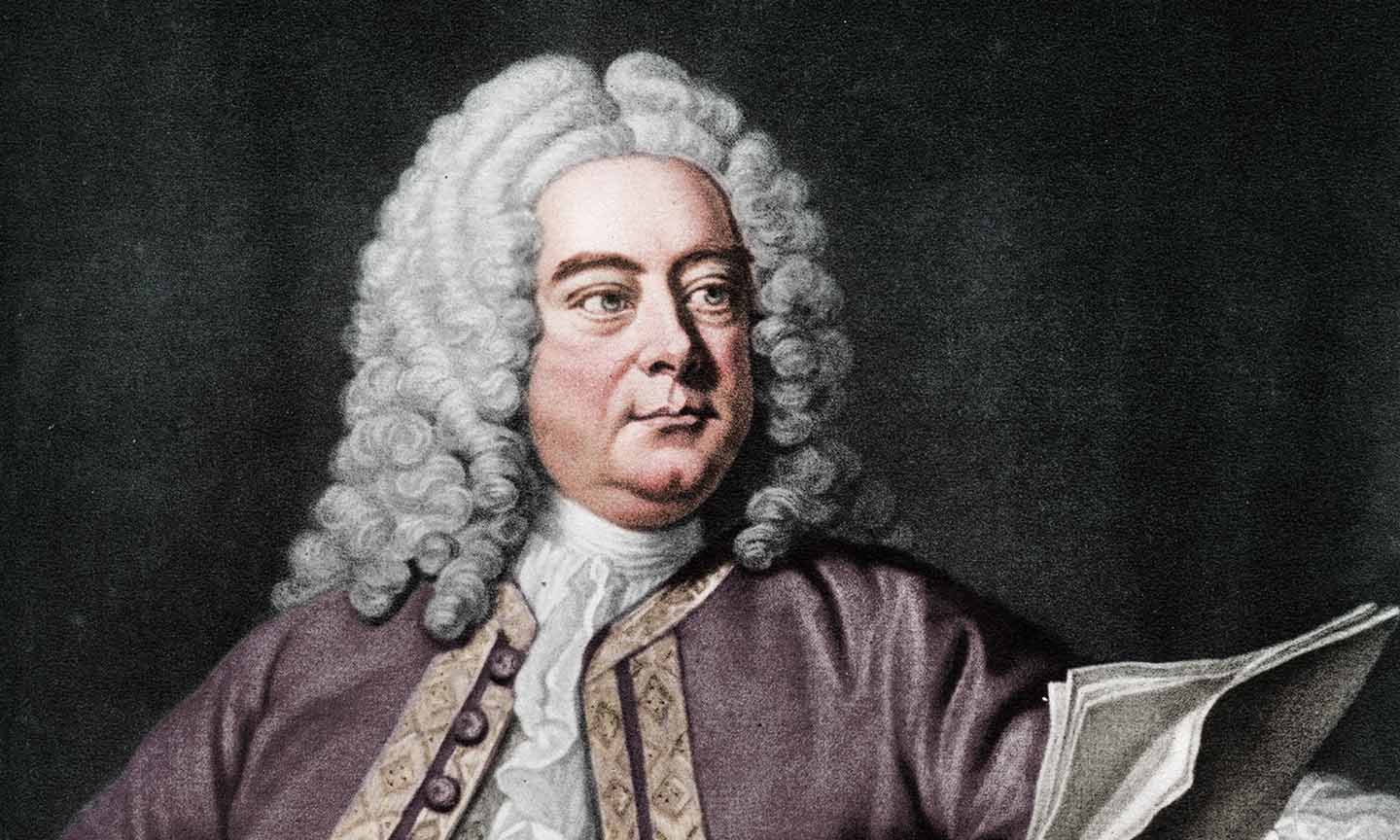
The Story Behind Handel’s Israel in Egypt
“Israel in Egypt” is one of Georg Friedrich Händel’s most ambitious and remarkable oratorios. Composed in 1738, this work stands out for its extensive use[…]
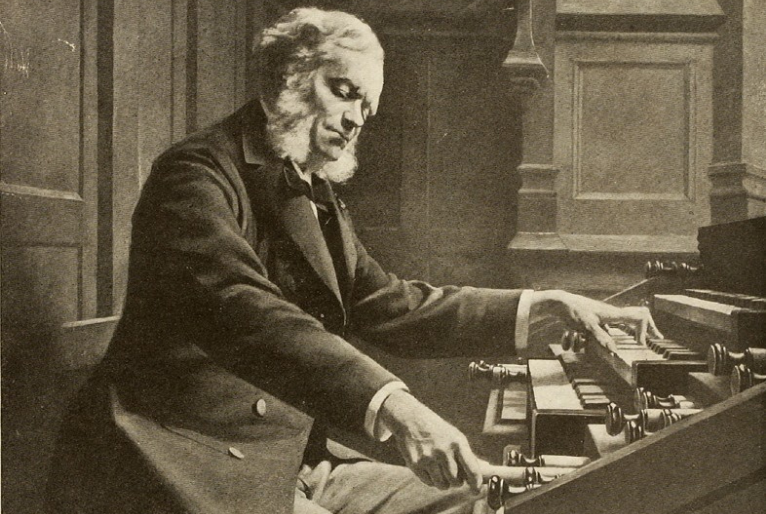
The 5 Best Compositions by César Franck
César Franck, a towering figure of the Romantic era, is celebrated for his profound harmonic language and emotional depth. While he is primarily known for[…]

5 Fascinating Facts about Franck
César Franck, one of the most influential composers of the Romantic era, left an indelible mark on the world of classical music. Known for his[…]

César Franck – Biography and History
César Franck (1822–1890) was a Belgian-born composer, pianist, organist, and music teacher who became one of the most influential figures in French Romantic music. Known[…]
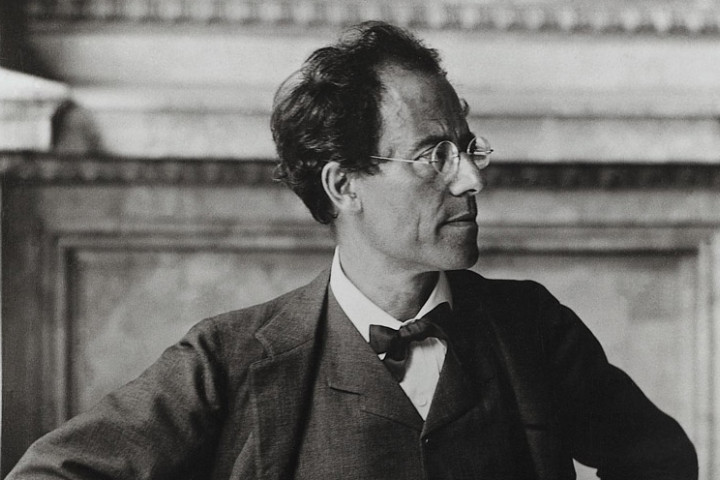
5 Fascinating Facts about Mahler
Gustav Mahler (1860-1911) is celebrated as one of the most influential composers and conductors of the late Romantic era. His symphonies and song cycles are[…]
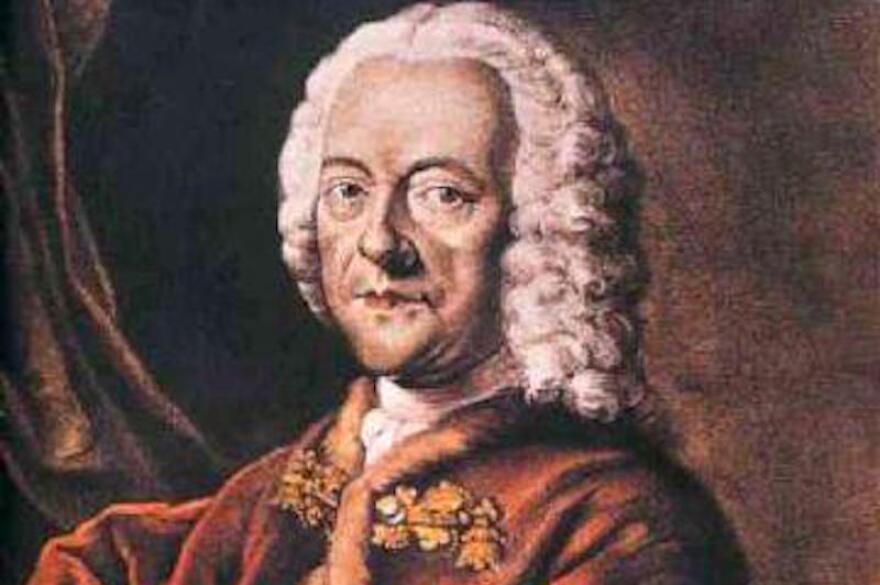
5 Fascinating Facts about Telemann
Georg Philipp Telemann (1681–1767) was one of the most prolific and influential composers of the Baroque era. His vast body of work spans numerous genres[…]
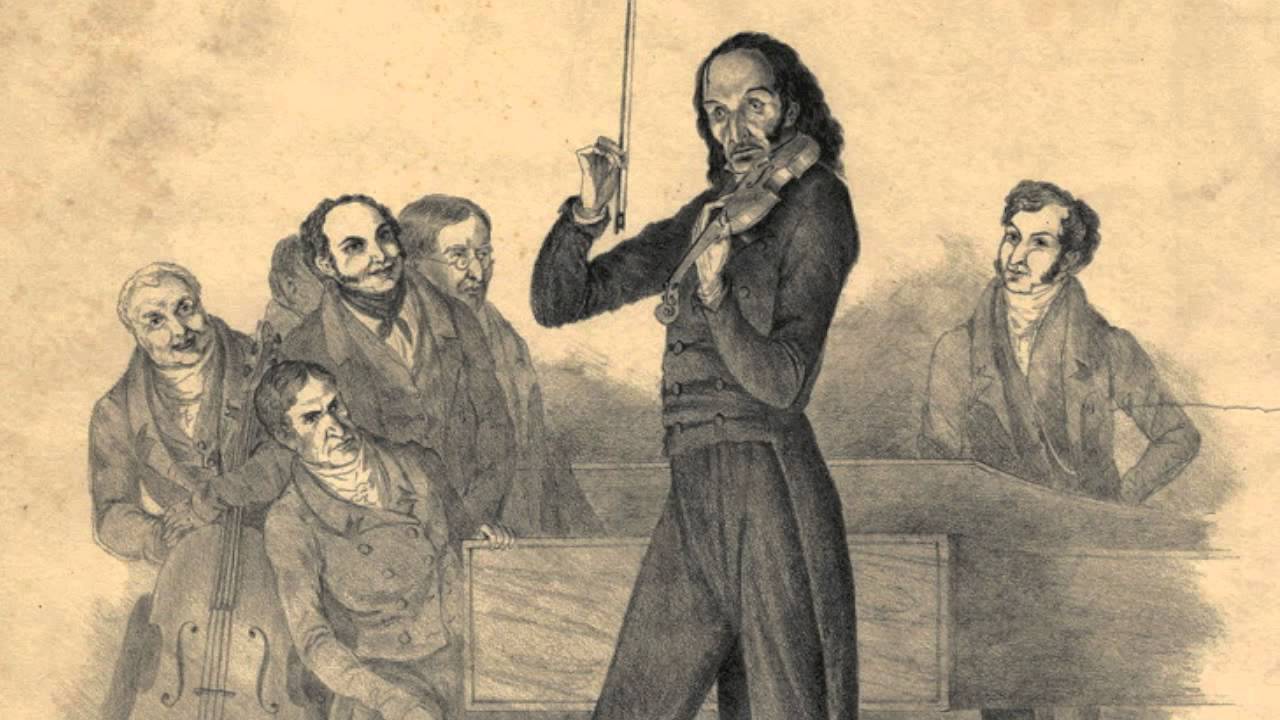
5 Fascinating Facts about Paganini
Niccolò Paganini, born on October 27, 1782, in Genoa, Italy, is often hailed as one of the greatest violin virtuosos in history. His extraordinary talent,[…]
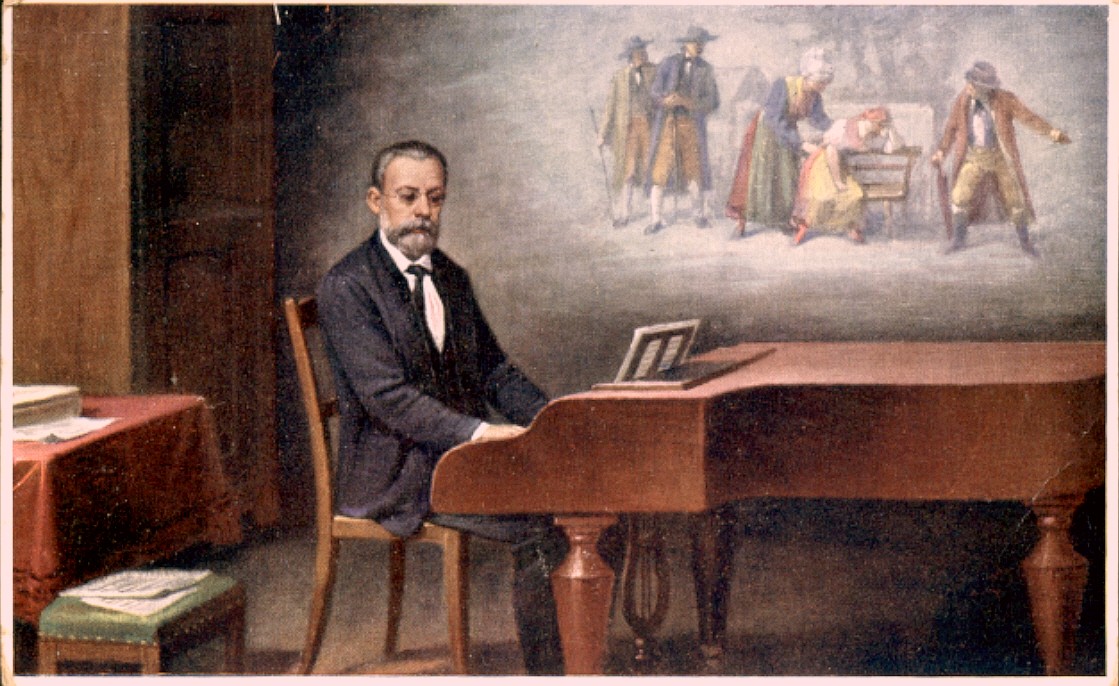
Bedřich Smetana – Biography and History
Bedřich Smetana (1824–1884) is celebrated as the father of Czech national music. A pioneering composer, he played a pivotal role in establishing a distinct Czech[…]
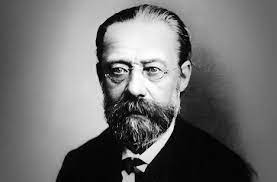
5 Fascinating Facts about Bedřich Smetana
Bedřich Smetana, often hailed as the father of Czech national music, was a composer whose works are deeply intertwined with the cultural and historical fabric[…]

The Story Behind Smetana’s Má Vlast
Má Vlast (translated as “My Homeland”) is one of the most celebrated works by Czech composer Bedřich Smetana. Composed between 1874 and 1879, this set[…]
© 2025 Top Classical Music. Created with ❤ using WordPress and Kubio